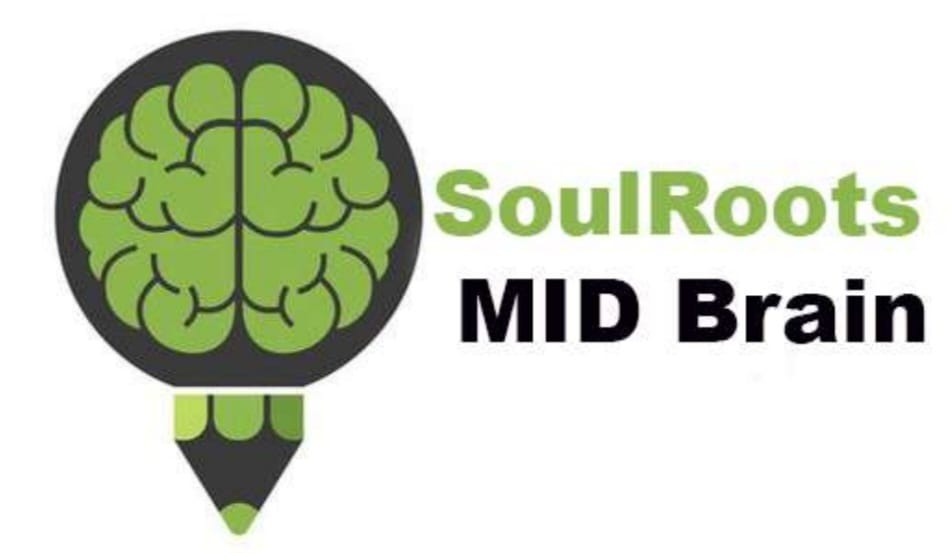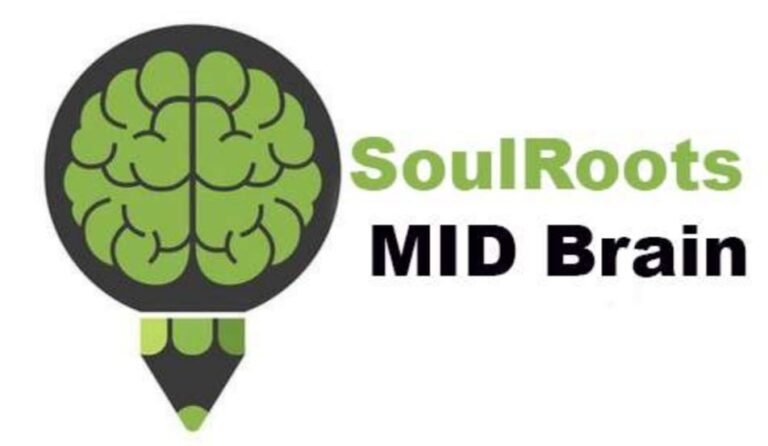Dissociative amnesia is a complex and often misunderstood condition that affects an individual’s memory and identity. Characterized by memory gaps, this disorder typically occurs after a traumatic or stressful event. Unlike general forgetfulness, dissociative amnesia involves the sudden and unexpected loss of memories, sometimes related to personal information or important events.
While the symptoms of dissociative amnesia can be distressing and disorienting, there is hope for recovery and understanding. At SoulRoots, we believe in healing through awareness, support, and specialized care tailored to each individual’s journey. This blog aims to provide insight into dissociative amnesia, its symptoms, and the path to recovery, encouraging those affected to seek help and regain control of their lives.
What is Dissociative Amnesia?
Dissociative amnesia is a psychological condition where an individual experiences an inability to recall important personal information, typically following a traumatic or stressful experience. The memory loss is not due to regular forgetfulness or a medical condition but is instead triggered by emotional or psychological factors. This form of amnesia can range from forgetting specific events or periods in life to losing entire aspects of one’s identity.
In most cases, dissociative amnesia is a protective mechanism employed by the brain, attempting to shield the person from distressing memories that could otherwise be overwhelming. However, the result is often a significant disruption to one’s sense of self and daily life. In severe cases, dissociative amnesia may lead to dissociative fugue, where the individual temporarily loses their sense of identity and may even travel or adopt a new life.
Symptoms of Dissociative Amnesia
The symptoms of dissociative amnesia vary depending on the individual and the severity of the condition. Common signs include:
- Memory Loss: The most apparent symptom of dissociative amnesia is memory loss, particularly regarding significant personal information. This can include forgetting key events, relationships, or even one’s identity. The memory loss often surrounds traumatic events, but it can also encompass parts of one’s life that are not necessarily tied to specific trauma.
- Disorientation: Individuals may feel disoriented and disconnected from themselves. This sense of detachment can create confusion about one’s surroundings or personal history.
- Amnesia for Trauma: In many cases, the memories that are forgotten relate to a traumatic or stressful event. This can be an attempt by the mind to protect the individual from the emotional impact of the experience.
- Gaps in Personal History: People may struggle to recall important life milestones or aspects of their past, such as childhood memories, family relationships, or significant life events.
- Dissociative Fugue: In some cases, individuals with dissociative amnesia may experience a dissociative fugue, which involves sudden, unexpected travel or wandering away from home. This is often accompanied by a loss of personal identity.
Types of Dissociative Amnesia
Dissociative amnesia is typically categorized into four types based on the extent of the memory loss and the individual’s experience:
- Localized Amnesia: This type involves memory loss for a specific period, often following a traumatic event. The person may forget details of the event itself or surrounding circumstances but retain memories from before and after the incident.
- Selective Amnesia: In this case, an individual may forget only specific details of a traumatic event or particular aspects of their life while still remembering other parts of their history.
- Generalized Amnesia: Generalized amnesia is the rarest and most severe form. It involves a complete loss of memory, including personal information and identity. In extreme cases, the individual may forget their entire life history.
- Systematized Amnesia: This type involves memory loss related to a specific category of information, such as forgetting all memories related to a particular person or event, like a past relationship or a traumatic experience.
Causes of Dissociative Amnesia
The causes of dissociative amnesia are rooted in emotional and psychological stress. While the exact cause can vary for each individual, some common factors include:
- Traumatic Experiences: The most common trigger for dissociative amnesia is trauma. This can include abuse, accidents, violence, or any event that overwhelms the individual’s ability to process emotions and memories. The mind may block out these memories as a defense mechanism to cope with the psychological damage.
- Stressful Events: In addition to trauma, major life changes or stressful experiences, such as the death of a loved one or a difficult breakup, can also contribute to dissociative amnesia.
- Psychological Disorders: Dissociative amnesia can also be associated with other mental health conditions, such as post-traumatic stress disorder (PTSD), depression, or anxiety disorders.
- Emotional Overload: Intense emotional experiences, whether positive or negative, can sometimes cause the mind to detach and block out memories as a way of avoiding overwhelming feelings.
How is Dissociative Amnesia Diagnosed?
Diagnosing dissociative amnesia can be challenging, as it often overlaps with other mental health conditions. A healthcare professional, typically a psychiatrist or psychologist, will conduct a thorough evaluation, which may include:
- Medical History: Understanding the person’s medical and mental health history is crucial in determining the cause of memory loss.
- Psychological Assessment: A mental health professional may conduct interviews and tests to assess memory, cognition, and emotional state.
- Rule Out Other Conditions: To ensure the diagnosis is accurate, other potential causes of memory loss, such as neurological conditions, substance abuse, or head trauma, must be ruled out.
Treatment Options for Dissociative Amnesia
While dissociative amnesia can be a challenging condition, there are effective treatment options available. At SoulRoots, we emphasize a holistic approach to healing, focusing on addressing the root causes and providing ongoing support. Treatment options may include:
- Therapy: Cognitive-behavioral therapy (CBT), psychodynamic therapy, and trauma-focused therapy are often used to help individuals process their memories and trauma. Therapy can assist in regaining lost memories and learning healthy coping mechanisms.
- Medication: In some cases, medications such as antidepressants or anti-anxiety medications may be prescribed to manage symptoms of depression or anxiety that often accompany dissociative amnesia.
- Mindfulness and Relaxation Techniques: Practices such as mindfulness meditation, breathing exercises, and relaxation techniques can help individuals manage stress and anxiety, contributing to better emotional regulation and memory processing.
- Support Groups: Support groups provide a sense of community and allow individuals to connect with others facing similar struggles. Sharing experiences and coping strategies can foster healing and emotional growth.
Path to Healing at SoulRoots
At SoulRoots, we understand the complexity of dissociative amnesia and offer tailored treatment plans that focus on your unique needs. Our compassionate team of mental health professionals works with you to explore your past, understand your experiences, and support you in reclaiming your life.
Healing from dissociative amnesia is a journey, but with the right tools, support, and care, it is possible to regain clarity, peace, and a strong sense of self. If you or someone you know is struggling with dissociative amnesia, we invite you to schedule a consultation with our experts today.
Take the First Step Toward Healing
If you or a loved one is experiencing dissociative amnesia or struggling with memory loss, don’t wait. Reach out to Soulroots today for expert guidance, therapy, and support in your healing journey. Together, we can help you reclaim your sense of self and move toward a brighter, more balanced future. Contact us today to schedule your consultation!



